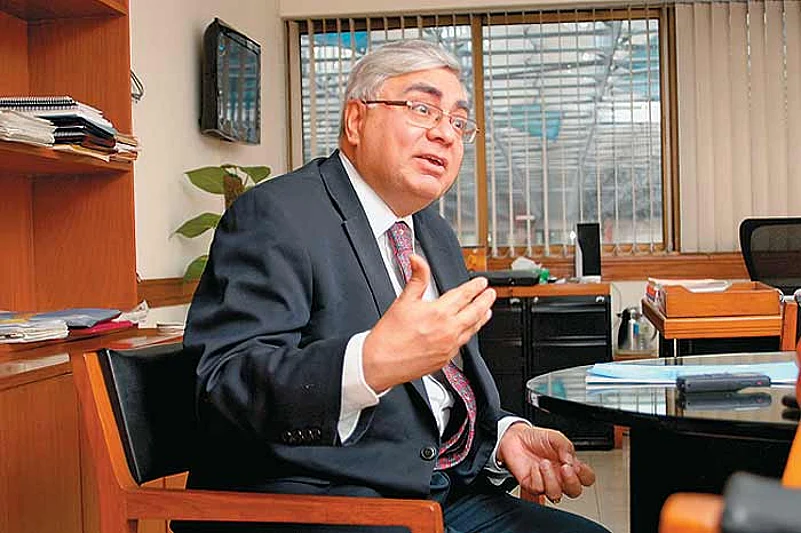Reacting to the Vodafone verdict, leading tax expert Dr Parthasarathi Shome, ICRIER director, says India has no option but to tighten the legal rules governing tax avoidance treaties. Excerpts from an interview with Lola Nayar:
On the Verdict: Under the present legal framework, the SC judgement is appropriate. In the current context of overall global practices, it would be surprising if India didn’t have to pay a high price for attracting multinational (MNC) investments. But morally, there is need for a rethink on these issues considering the huge gains MNCs make.
On double taxation avoidance treaties (DTAA): The practices under the DTAA by MNCs all over the world don’t make much sense in terms of appropriate and just policies. Basically, by centring themselves in tax havens MNCs are able to evade huge taxes on capital gains in countries where they operate. Sovereign countries lose huge revenues—and MNCs profit when they do joint ventures, swap shares and equity but remain untouched when they make capital gains.
On India’s options: A review of the judgement is an option. But the government needs to rethink the DTAA with Mauritius and other tax havens. The talks (with Mauritius) have been on for five years. It is high time they reached a decision. Many other countries like Singapore are seeking similar arrangements with India. So India has to tighten the legal rules.
On the global experience: Western countries are very happy and lenient about this (taxing MNCs) unless it affects them. Several countries are doing a rethink about this, but they themselves have tax havens. The UK, for instance, is talking about controlling foreign companies. Before passing the law, they are consulting the MNCs—which are very important in terms of these economies because they bring in a lot of tax and other benefits—but it is very difficult to come to some agreement with them.


























